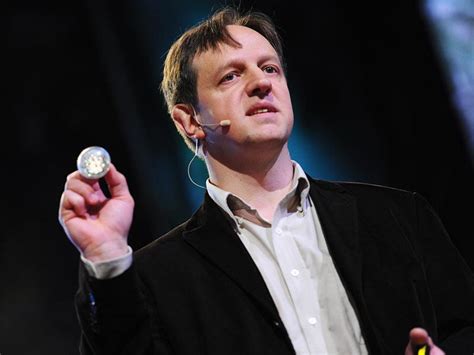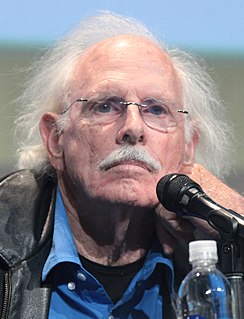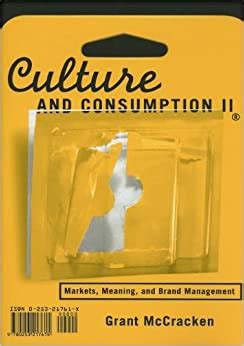A Quote by Dean Kamen
I consider high-speed data transmission an invention that became a major innovation. It changed the way we all communicate.
Quote Topics
Related Quotes
Every major technological step forward has profoundly changed human society - that's how we know they're major, even if we don't always realise it at the time. Farming created cities. Writing, followed eventually by printing, vastly increased the preservation and transmission of cultural information across time and space.
Communication has changed so rapidly in the last 20 years, it's almost impossible to predict what might occur even in the next decade. E-mail, which now sends data hurtling across vast distances at the speed of light, has replaced primitive forms of communication such as smoke signals, which sent data hurtling across vast distances at the speed of light.
I see social media mainly just talked about as if it has just changed us technologically and in terms of data. I think it has changed absolutely everything. It has changed truth, it has changed culture. It has certainly changed the way that we relate to each other and in a very short amount of time.
Intellectual-property rules are clearly necessary to spur innovation: if every invention could be stolen, or every new drug immediately copied, few people would invest in innovation. But too much protection can strangle competition and can limit what economists call 'incremental innovation' - innovations that build, in some way, on others.
Often it takes more time to explain a task than to do it yourself, and when you do it yourself there is no data lost in transmission. We have something to learn about how communication works in these settings. Sometimes it takes a really long time to communicate the full meaning of what we want to say.
One of the messages I presented to the coal industry was, "If you want to have major transmission built, start encouraging wind development." That's because the cultural value and acceptance of wind energy provides an opportunity to build transmission lines that are not as desirable with traditional forms of generation.




































